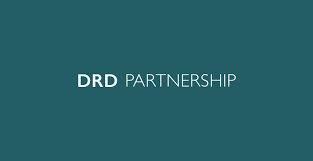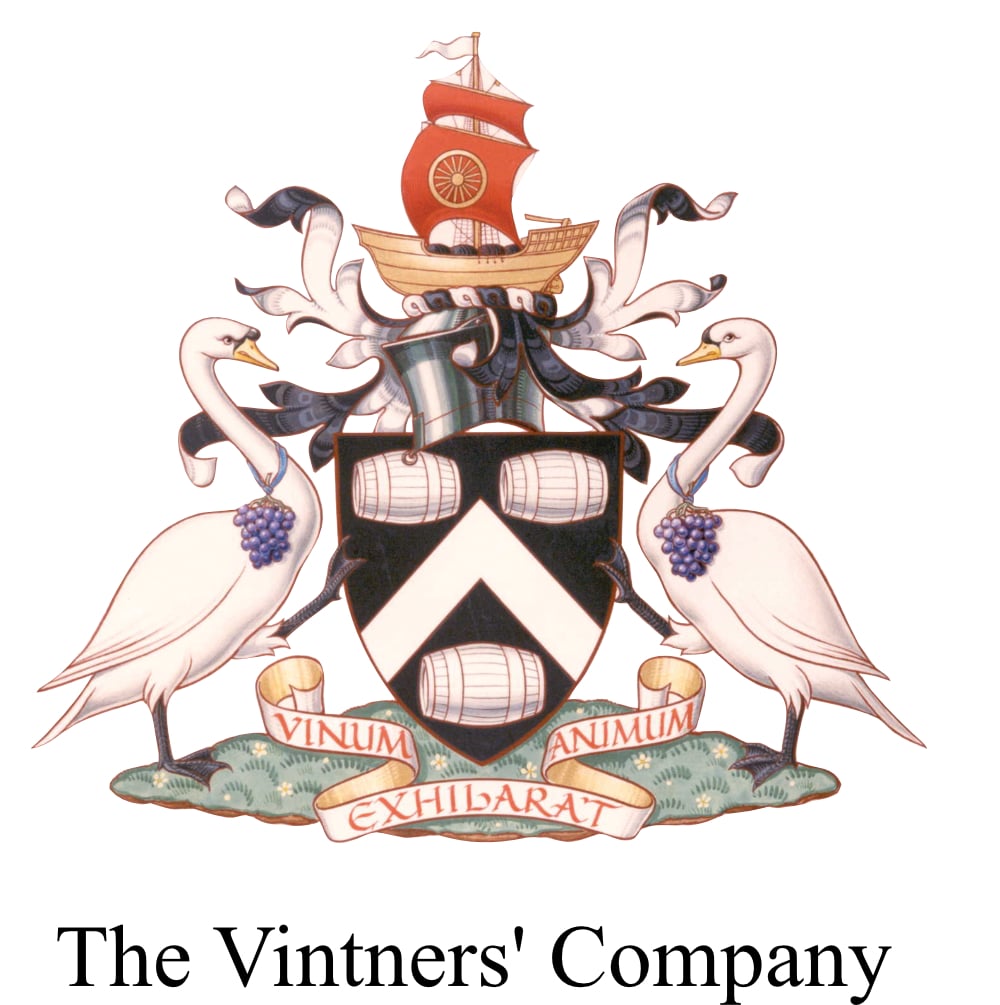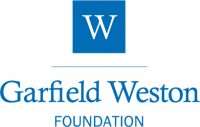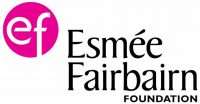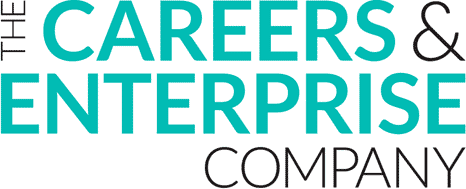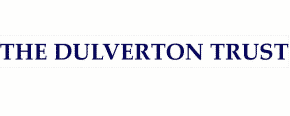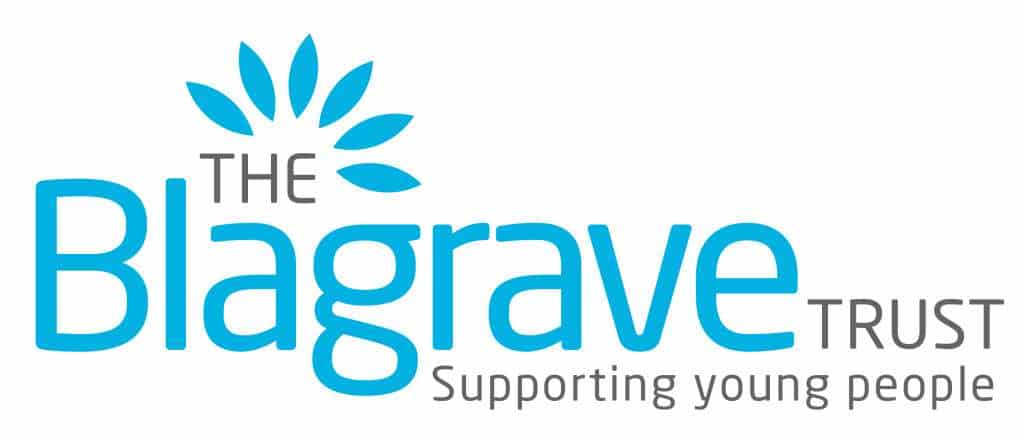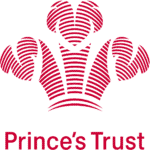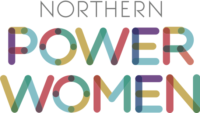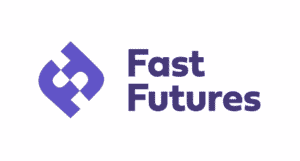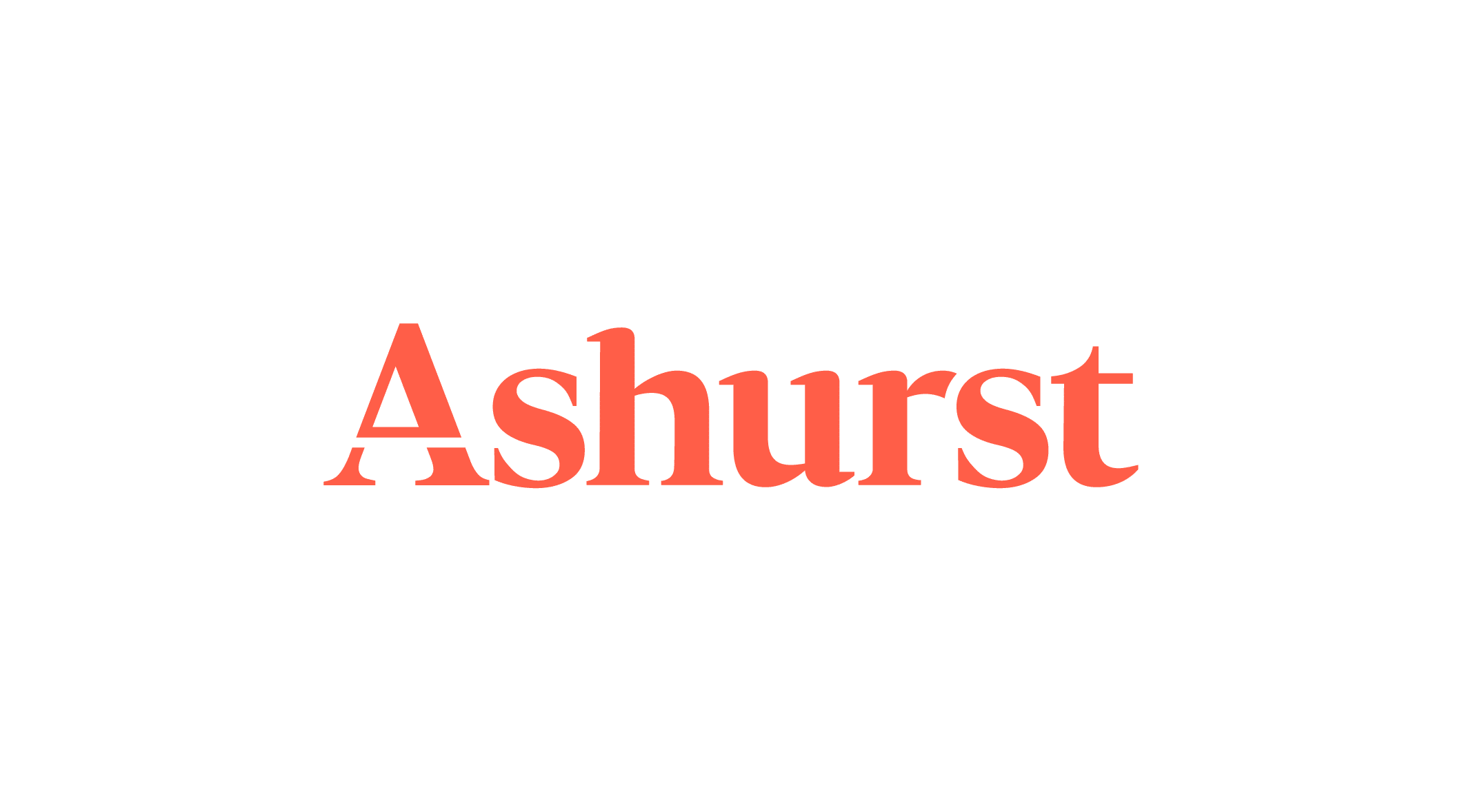To kick off Schools Alumni Week, we were joined by experts from The Sutton Trust, Creative Education Trust and St Bonaventure’s School to get their top tips and advice on building alumni communities.
From impact to engagement, three experts from organisations that utilise alumni communities in different ways took part in an online discussion where they discussed their own tactics and outcomes for building, managing and optimising alumni networks.
Utilising alumni in ways such as recruiting them to take part in judging panels and forums was discussed, as well as the idea of offering merchandise or promotional material relevant to the school or local community. Andy from St Bonaventure’s spoke how they even use their alumni community as a talent pool for teacher recruitment.
Educators and organisations were invited to ask questions to the panel, some of which are cited below.
The speakers
Andy Lewis is Deputy Headteacher at St Bonaventure’s School in East London. An established speaker and author, he has written a number of textbooks for both Key Stage 3 and GCSE. He has recently spoken at the ATCRE national conference, for the Jubilee Centre for Character and Virtues and ResearchEd Oxford.
Marie-Rose Delauzun is Head of Alumni Engagement at. Sutton Trust, where she leads a small team to deliver a programme of events, career support and volunteering for a community of 50,000 alumni from disadvantaged backgrounds. Throughout her career she has worked in a range of roles across Higher Education, in particular across Digital Communications and Fundraising, and Alumni Relations.
Kate Ward is Head of Programmes at Creative Education Trust, where she heads up a team which devises, plans and runs an ambitious calendar of cross-trust academic, artistic and horizon-broadening co-curricular activities and events to help pupils discover what they enjoy and what they’re good at. The Programmes Team also provides Trust-level support on careers and employability and convenes Creative Education Trust’s Alumni Network, who are increasingly involved in cross-Trust student-facing activities.
Naomi Barker is Programme Director at Future First, where she leads a team of expert facilitators.
"A huge focus for us is that aspirational aspect, alumni are relatable characters that our students and participants can see. It just makes it look so much more achievable, and we just want them to be visible, whether it's through appearing on panels, boards or writing blogs. The alumni voice is always the most powerful."
Marie-Rose Delauzun
Questions not covered in the webinar:
Kate: This is back to the ‘slowly slowly’ advice given during the panel – this isn’t going to happen overnight. But make sure you’re communicating the activities to your wider networks so that other alumni (or potential volunteers) can see what you are doing. Remember to talk about what the alum/volunteer is getting back from giving their time – use their voice if possible! And don’t be afraid to ask them if they have any recommendations of other ex-students who might like to also support your activity, or if they can share opportunities for others to get involved. Staff are a great resource for this too as they may be in touch with former pupils that you’re not currently hearing from. We definitely have ex-students participating in activities because they also get to see old or current friends!
Marie-Rose: This is indeed common for us too – I think it’s important to make sure you are trying to give a range of people the opportunity to be involved and we don’t formally have rules about this but for anything where we have multiple volunteer options, we’ll prioritise asking those who’ve not done it yet first and make a point of mentioning that we’re spreading out the opportunity and keen to give our students the chance to hear from a range of voices. We also do fairly regular drives in our wider comms to get people to sign-up to our volunteer form /or refresh their info about what they’d like to be involved in. That said – I also think quality is as important as quantity sometimes – we try not to be too concerned if there is a small pool of people who end up being our ‘reliable regular’ volunteers – it just shows a really high level of engagement and we try to steward them as really important stakeholders who are important for being our promoters and advocates.
We have interviewed five ex-students from across our Trust schools, and will publish a blog on our website each day of #SchoolsAlumniWeek, pushing these out on social media daily. Some of our schools are also engaging with the week, and will be increasing social media coverage of their alumni activity over the week and, of course, using it to encourage other alumni to sign up to their Future First Hubs.
Kate: For our cross-Trust alumni engagement activities where alumni are acting as role models in schools, we ensure we’re asking feedback of both our current pupils and our alumni.
I’ve included examples of both from a recent employability skills day:
Reflection questions for pupils: One thing I’ve learnt, best advice I’ve received, one thing I’d like to find out more about after today.
Reflection questions for alumni: What did you like about the day?, Were there any challenges/things we could have done differently?, What opportunities would you like to see in the future for former pupils and alumni?
Marie-Rose: Not sure what kind of survey they mean – I think I mentioned we survey after events always – this ranges from us just collecting feedback on the format / content so we can continue to adjust/improve for future, through to rating scale 1-9 ‘I found it useful to hear from a Sutton Trust alum’ etc. We also every couple of years have started doing a very general alumni survey – to find out what people are doing job-wise, where they are, and the kind of things they want from us – e.g community building events / meetups, or more career-focused events, or just newsletters and updates.
Naomi: The word ‘alumni’ can sometimes be a bit confusing, especially to young people who might never have heard the word. We often use ‘former students’. Other organisations often use ‘fellows’ or ‘ambassadors’.
Marie-Rose: As per my answer in the chat – I know there are various other terms people use (e.g. Teach First’s successful use of Ambassadors) however I personally think it’s a battle worth fighting – if there isn’t another really obvious word for your group then doing the work to explain what it means to be an alum and how it’s a lifelong network/community, being part of something, I think can be worth it. I have also heard people use things like ‘champions’ – which works well for volunteer networks but feels less generally applicable to the wider group!
Marie-Rose: Number of events registered for / attended, whether they’ve completed our volunteer interest form, whether they’ve volunteered, how many hours that volunteer role took, whether they’re in our Linkedin group, whether they promote our news/stories online, how many students on our programmes have interacted with an alum at an event/webinar, survey feedback after events/activities – ‘how useful did you find it to hear from a Sutton trust alum’ etc.
Marie-Rose: When the Trust started doing alumni engagement about 6 years ago they initially launched the Alumni Leadership Board very much with the intention of it being a co-production model, however this quickly proved too difficult to manage and the time pressure on the members of the Board just meant it actually took a lot of staff time / chasing to try and support them to do the activities they were planning. The model then was shifted to more of an advisory capacity – they act as our ‘hosts’ at events / they do speaking engagements for us but ultimately all the planning and admin is done by staff. Longer-term we’re keen for more of our community activities – meet-ups / less formal events or networking opportunities to be run in a co-production way but I think it will take us time to get there.

